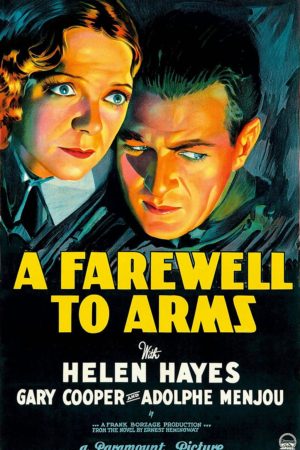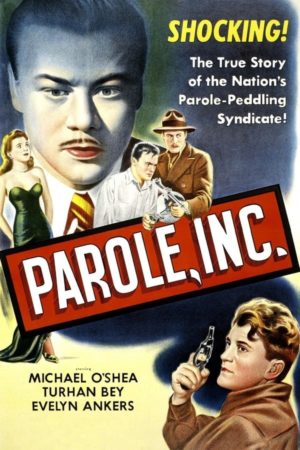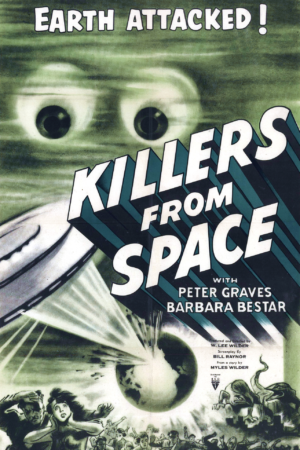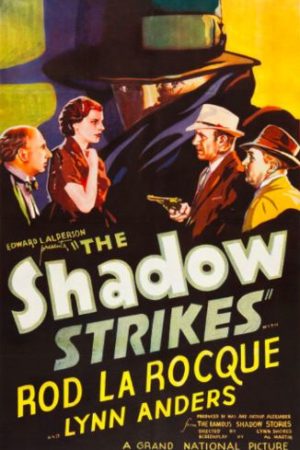A Farewell to Arms
A tale of the World War I love affair, begun in Italy, between American ambulance driver Lt. Frederic Henry and British nurse Catherine Barkley. Eventually separated by Frederic's transfer, tremendous challenges and difficult decisions face each as the war rages on.
A Farewell to Arms is a 1932 American pre-Code romance drama film directed by Frank Borzage and starring Helen Hayes, Gary Cooper, and Adolphe Menjou. Based on the 1929 semi-autobiographical novel A Farewell to Arms by Ernest Hemingway, with a screenplay by Oliver H.P. Garrett and Benjamin Glazer, the film is about a tragic romantic love affair between an American ambulance driver and an English nurse in Italy during World War I. The film received Academy Awards for Best Cinematography and Best Sound, and was nominated for Best Picture and Best Art Direction.
The original Broadway play starred Glenn Anders and Elissa Landi.
Plot
This is the plot of the original 1932 film, as it recently aired on Turner Classic Movies. The film suffered from editing and censorship even at its initial release .
On the Italian front during World War I, Lieutenant Frederic Henry (Gary Cooper), an American architect serving as an officer on an ambulance in the Italian Army, delivers some wounded soldiers to a hospital. While out carousing with his friend, Italian Captain Rinaldi (Adolphe Menjou), they are interrupted by a bombing raid. Frederic and English Red Cross nurse Catherine Barkley (Helen Hayes), who fled from the nurses’ dormitory in her night clothes, take shelter in the same dark stairwell. The somewhat drunk Frederic makes a poor first impression.
Rinaldi persuades Frederic to go on a double date with him and two nurses, one of whom turns out to be Catherine and her friend Helen Ferguson (Mary Philips), or “Fergie”. During a concert for officers and nurses, Frederic and Catherine walk into the garden, and Catherine reveals that she had been engaged for eight years to a soldier who was killed in battle. Away by themselves, he tries to kiss her and she slaps him, but after they talk more, she asks him to kiss her again. In the darkness, he romantically seduces her, over her half-hearted resistance, and is taken aback and touched to discover she was a virgin. Frederic tell her he loves her.
In the morning, three ambulances, including Frederic’s, are leaving for what will be known as the Second Battle of the Piave River. Frederic finds Catherine and tells her that he will be away and that he wants her to know that what happened between them was important to him, and that he will survive the battle unscathed. Catherine gives him the St. Anthony medal she wears around her neck. Rinaldi observes all of this, and then enters a major’s office where it is revealed that Rinaldi had orchestrated the separation to prevent Frederic from being with Catherine. The head nurse then suggests sending Catherine back to base, but instead the Major (Gilbert Emery) transfers Catherine to Milan.
At the front, Frederic is badly wounded in the legs and head when his bunker is blown up by an artillery shell. Frederic is sent to the hospital in Milan where he receives a chilly reception from Fergie while Catherine rushes to his bed to embrace him. Later that night, an Italian Army chaplain (Jack La Rue) known as “Padre” visits Frederic and sees that Catherine and him are lovers. He asks if they would marry if they could, and they answer “yes”. He then performs an unofficial wedding service for the couple.
Months later, Catherine and Frederic ask Fergie to their wedding, who rejects the offer saying they won’t marry due to the war. As she leaves, she warns Frederic that if he gets Catherine pregnant, she will kill him. Back at the hospital, Frederic is told his convalescent leave is canceled. While waiting for his train, Catherine confides to Frederic that she is scared of each of them dying. He promises he will always come back, and they kiss before he leaves. Catherine then meets with Fergie and reveals to her that she is pregnant and is going to Switzerland to have the child.
While apart, Catherine writes letters to Frederic, never revealing her pregnancy. In Turin, Rinaldi tries to entice Frederic to have some fun, but Frederic is intent on writing to Catherine, who unbeknownst to him is having all his letters from Catherine censored by Rinaldi. Meanwhile, the hospital at Milan returns all of Frederic’s letters to him, marked “person unknown.” He tells the Padre that he is deserting and going to Milan to find Catherine.
Frederic makes it to Milan but finds only Fergie is there, who refuses to tell him anything except that Catherine was pregnant and is gone. Rinaldi meets Frederic at a hotel where Frederic reveals that Catherine is going to have a baby. Rinaldi, realizing his mistakes, tells Frederic that she is in Brissago, Switzerland and helps Frederic to get there, apologizing for trying to keep the lovers apart.
Meanwhile, Catherine discovers that all of letters to Frederic have been returned, marked “Return to Sender”. She goes into labor and is taken to the hospital where she endures a prolonged and unproductive labor. As Frederic arrives, Catherine is wheeled into the operating room for a Caesarean section. After the operation, the surgeon tells Frederic that the baby, a boy, died in the womb long before Catherine came to the hospital.
When Catherine regains consciousness, she and Frederic exchange heartbreaking endearments and plan the future, until Catherine panics and begs Frederic to hold her tight because she is going to die and is afraid. He soothes her and tells her they can never really be parted. She tells him she is not afraid, and dies in Frederic’s arms as the sun rises. Frederic picks up her body and turns slowly toward the window, sobbing “Peace, Peace.”
Ending
This is the original ending of the film when released to international audiences in 1932. Some prints for American audiences had a happy ending, where Catherine did not die, and some were ambiguous; some theaters were offered a choice. The censors were concerned about more than just the heroine’s death. Versions proliferated when a much more powerful Motion Picture Production Code got hold of the picture before various re-releases to film and television, not to mention the effects of a change of ownership to Warner Bros. and lapse into the public domain. This is why film critic and Turner Classic Movies host Ben Mankiewicz, after an airing of the original version, summed up the film’s history as “confusing.”
According to TCM.com: “ ‘A Farewell to Arms’ originally ran 89 minutes, and was later cut to 78 minutes for a 1938 re-issue. The 89-minute version (unseen since the original theatrical run in 1932 and long thought to be lost) was released on DVD in 1999 by Image Entertainment, mastered from a nitrate print located in the David O. Selznick vaults.”
Cast
Helen Hayes as Catherine Barkley
Gary Cooper as Lieutenant Frederic Henry
Adolphe Menjou as Major Rinaldi
Mary Philips as Helen Ferguson
Jack La Rue as Priest
Blanche Friderici as Head Nurse
Mary Forbes as Miss Van Campen
Gilbert Emery as British Major
Herman Bing as Swiss Postal Clerk (uncredited)
Agostino Borgato as Giulio (uncredited)






There are no reviews yet.